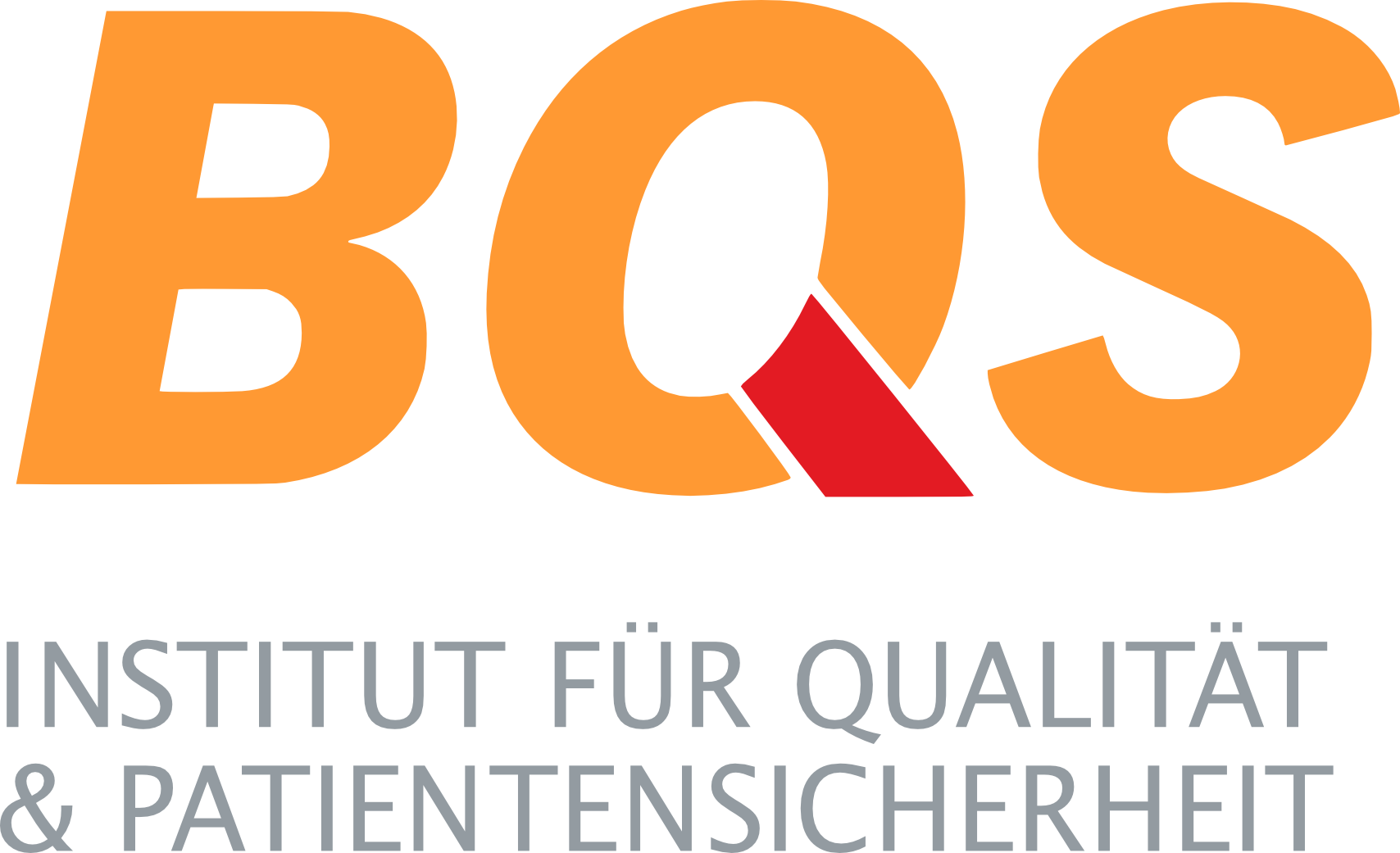EPRD Register: Quality key in the research activity
26.01.2016
BQS Institute hands over operation of registry to EPRD Deutsche Endoprothesenregister gGmbH.
26.01.2016 Düsseldorf

The BQS Institute is one of the founding initiators of the Endoprosthesis Register Germany (EPRD), which is endorsed and funded by the German Federal Ministry of Health, and has been significantly involved in its establishment since 2010. After successful test operation, more than 200,000 registered operations and the first status report, the operation of the registry of the EPRD was handed over to the EPRD Deutsche Endoprothesenregister gGmbH (EPRD gGmbH) at the turn of the year.
The Endoprosthesis Register Germany (EPRD) is a joint initiative of the German Society for Orthopaedics and Orthopaedic Surgery (DGOOC), the AOK-Bundesverband, the Verband der Ersatzkassen e.V. (vdek), the Federal Association of Medical Technology e.V. (BVMed), and the BQS Institute. The BQS Institute has so far been responsible for the development, set-up and operation of the "Registerstelle", the scientifically sound and data protection coordinated procedure for linking selected routine data of hospitals and history data of health insurance companies with prosthesis-specific data from a product database.
Aims of the Endoprostheses Register Germany
The EPRD aims to determine the service life of endoprostheses in Germany. This primarily serves to detect sudden changes in the quality of known implants or implantation procedures or conspicuously short service lives of newly introduced products/procedures at an early stage. The EPRD thus has an early warning function that directly serves to ensure and improve the quality of endoprosthetic care and thus increases patient safety.
The EPRD will thus create a data pool that will enable a differentiated scientific analysis of service life as a function of other documented care parameters, which can serve as a basis for differentiated product and process optimizations to improve patient safety and implant-related or implant-considering quality assurance of endoprosthetic care.
The registry is thus intended to provide a valid reference basis for national research on the quality standards achieved to date in arthroplasty, against which innovative product developments and alternative processes can be measured. The data will form the basis for innovative health care research.
Kurt M. Lang, Managing Director of the BQS Institute, comments: "In this respect, the arthroplasty registry not only serves quality assurance, but also enables comprehensive patient-oriented research in arthroplasty. Beneficiaries are thus patients, payers, service providers, scientific professional societies, the political decision-makers as well as the Federal Institute for Drugs and Medical Devices (BfArM) in equal measure."
In a ceremonial handover, the registry developed and operated by the BQS until then was handed over to the operating company of the EPRD, the EPRD gGmbH. In the future, the BQS Institute will continue to support the EPRD in an advisory capacity and in individual services.
Kurt M. Lang concludes: "The EPRD is just one of many registries, such as the German Aortic Valve Registry or the quality comparisons in interventional radiology, which we have developed, established and operate on behalf of our customers.
In addition to our high level of scientific expertise and operational experience, over the years we have built up a well-founded and customer-oriented IT development competence that enables our customers to use the registry products and services we have developed on a wide range of scales. Thus, we enable the efficient as well as secure development and operation of existing and new registries.
In this way, we enable any requirement, whether comprehensive or lean in design, to access a platform of scientific methodology and thus a key to quality in research activities."
Information on the Endoprosthesis Register can be found on the pages of the Endoprosthesis Register Germany (www.eprd.de) or continuously on the website of the BQS Institute (www.bqs.de).


